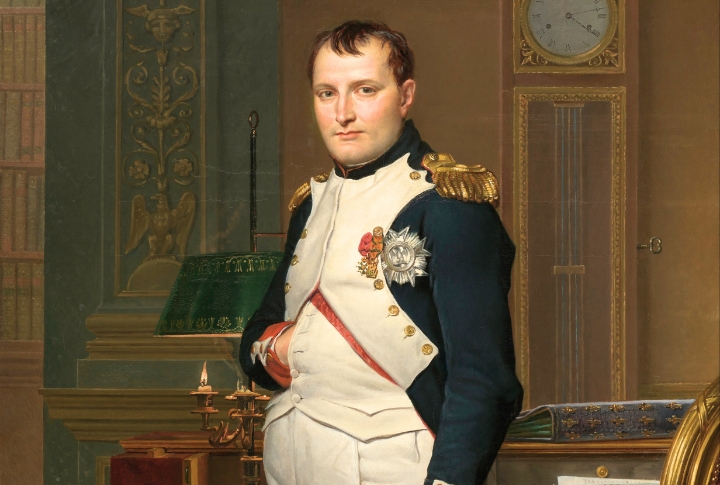
History isn’t always about epic speeches or massive armies. Sometimes, wars are won or lost because someone took the wrong turn, forgot a note, or wore the wrong shoes. Tiny events that seemed unimportant at the time ended up changing everything. Curious how some little things changed the course of major wars? Let’s jump in and check out some of the most surprising details.
Napoleon’s Hemorrhoids At Waterloo

Here’s a little-known fact: Napoleon Bonaparte, the French emperor and military leader, couldn’t mount his horse at the Battle of Waterloo. He stayed in his tent, possibly taking a painkiller. His absence during the early hours left his army without strong leadership and led to their loss.
The Ignored Note At Trenton
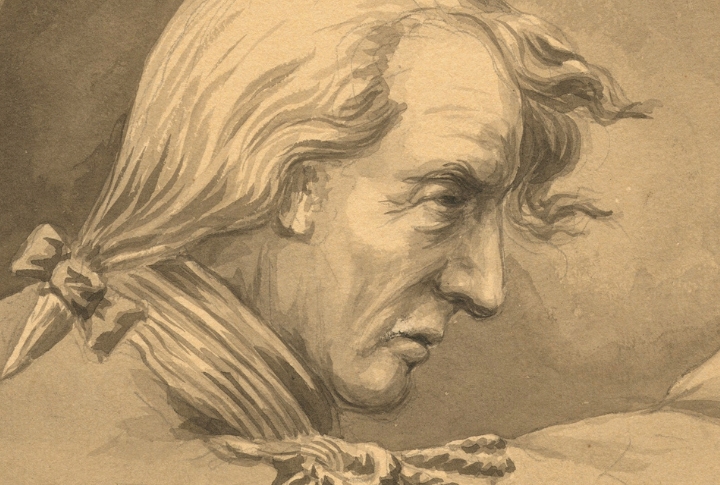
Even experienced commanders can make fatal mistakes. Johann Rall, Hessian officer commanding at Trenton, ignored a warning note about George Washington’s planned attack. The Patriots launched a surprise assault, scoring a decisive victory during the Revolutionary War. As a result, his life ended with that note still in his pocket.
Rommel’s Birthday Leave On D-Day
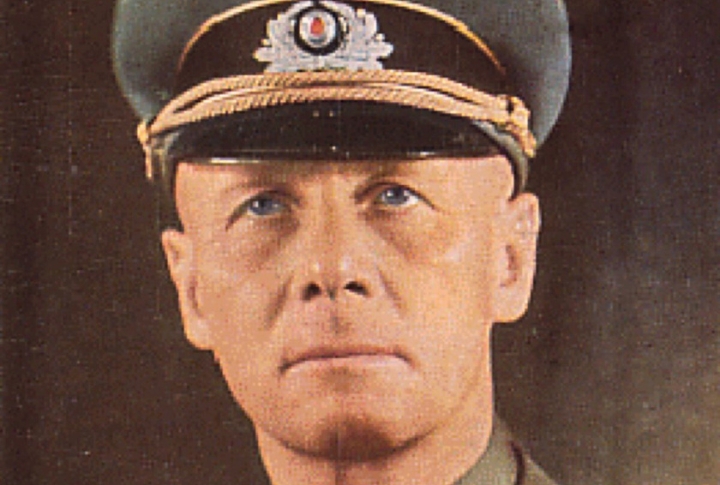
Field Marshal Erwin Rommel, the German commander in Normandy, departed on June 6, 1944, to celebrate his wife’s birthday. That meant he missed the Allied invasion at Omaha Beach. With him away, German defenses were underprepared for the Allied invasion of Normandy.
Bad Driving That Sparked World War I
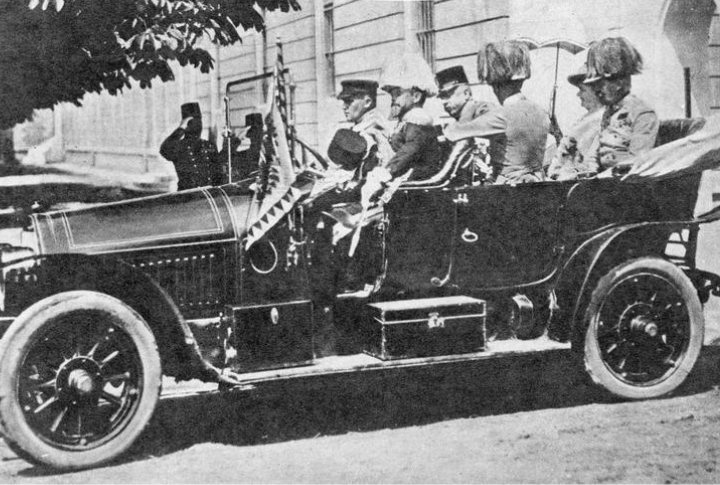
It sounds unbelievable, but a simple driving mistake possibly triggered World War I. Archduke Franz Ferdinand, the crown prince of Austria-Hungary, was in Sarajevo when his driver took a wrong turn and stopped right near Gavrilo Princip, a Bosnian Serb nationalist assassin. Princip seized the opportunity and changed world history.
The Enigma Machine’s Flawed Rotor
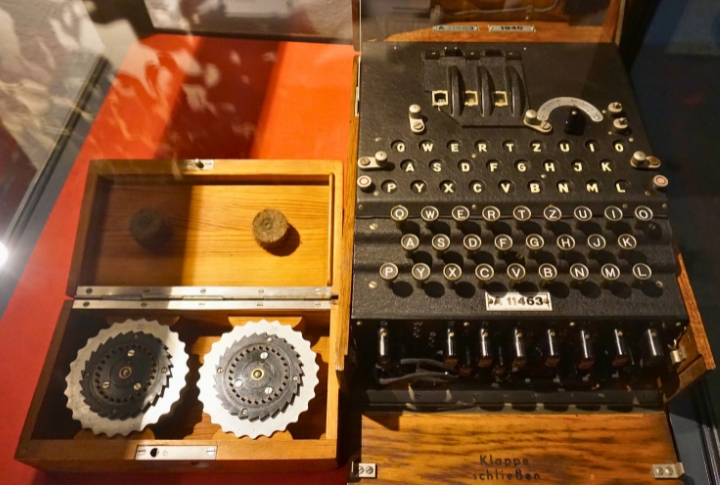
The Enigma machine, Germany’s code-making device in World War II, seemed impossible to crack—until operators made predictable mistakes. Repeated rotor settings revealed patterns that Alan Turing, the British mathematician and codebreaker, and his team could follow. Using this flaw, they decoded German plans, giving the Allies a huge edge.
A Missed Message At Pearl Harbor
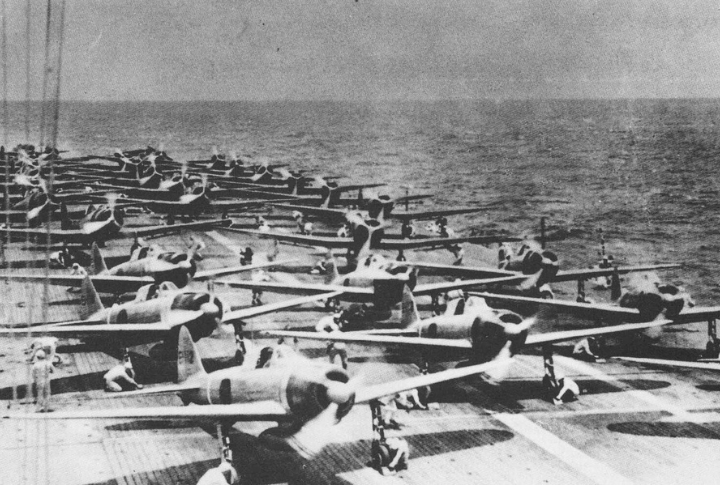
On December 7, 1941, a radar operator noticed enemy planes approaching Pearl Harbor. The officer dismissed the report, thinking they were American planes. With the radar station only two weeks old, the attack struck swiftly, killing over 2,400 Americans and changing the course of World War II.
The Wrong Shoes In Russian Winter
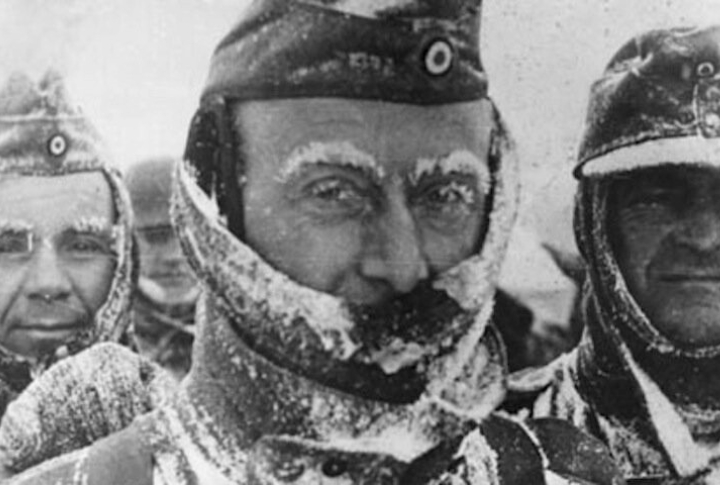
German troops weren’t ready for Russia’s brutal winter during Operation Barbarossa, Germany’s 1941 invasion of the Soviet Union. Many got frostbite because proper gear wasn’t issued on time. Meanwhile, Soviet soldiers stayed warm and ready, which gave them a big advantage while thousands of Germans struggled through the cold.
A Misinterpreted Word That Led To Hiroshima

It’s the biggest example of how small misunderstandings can have massive consequences. In response to surrender terms offered by the U.S. during WWII, Japan used the word “mokusatsu,” which can mean either “ignore” or “withhold comment.” U.S. officials interpreted it as a refusal, prompting the Hiroshima attack. The word’s true meaning remains a topic of debate among historians.
The Wrong Paint On British Tanks
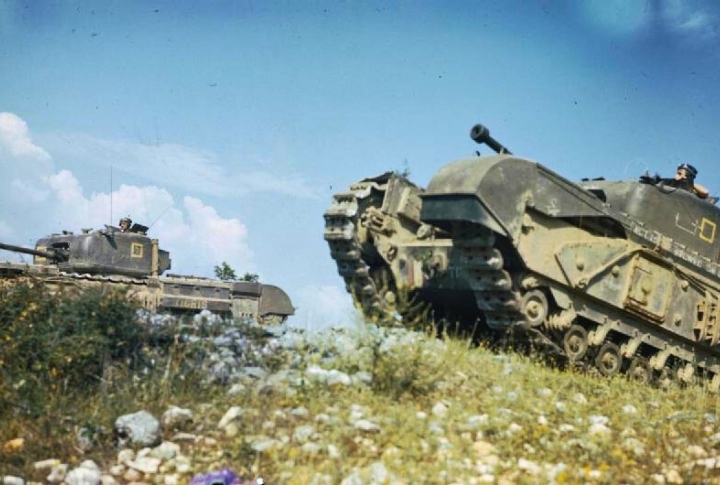
During World War II’s desert battles, British tanks were painted green—great for Europe, terrible for sand. Their color made them easy targets, while German tanks, painted to match the terrain, stayed hidden. This mismatch gave Germans a tactical edge until the British finally changed their camouflage.
A Forgotten Bridge At Arnhem
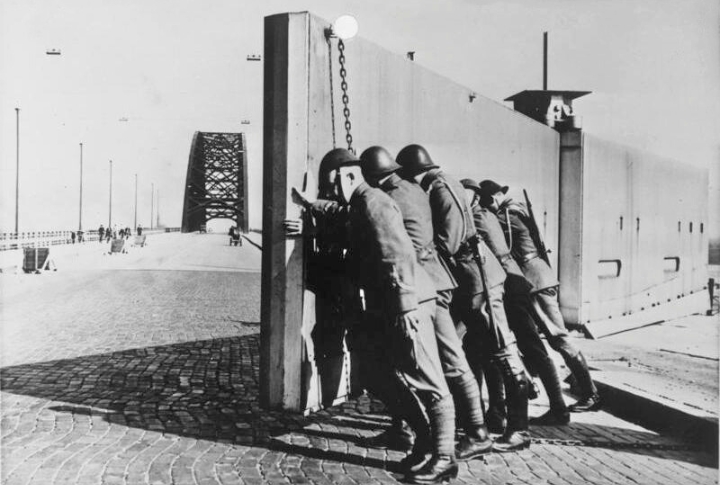
At Arnhem, Allied forces didn’t know that strong German troops were waiting near a key bridge. Paratroopers, soldiers trained to parachute behind enemy lines, tried to take control, but the Germans overpowered them. And because the bridge wasn’t secured, the Allies’ advance slowed, showing that small intelligence mistakes can change a battle.

